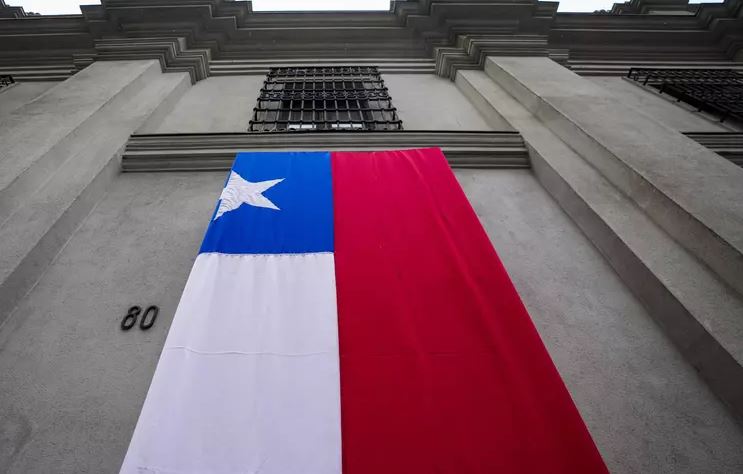The world remembers Gen. Augusto Pinochet as the dictator whose regime tortured, killed and disappeared 3,065 people in the name of fighting
communism.
But as Chile marks the 50th anniversary next Monday of the coup that brought Pinochet to power for almost 17 years, many in the country don’t see it as a dark day. Amid a weak economy and a surge in violent crime, recent polls show that many Chileans don’t think human rights are as much of a priority. They are grappling with what they see as Pinochet’s complicated legacy at a time when a large number have told pollsters they are losing faith in democracy. “Before, there wasn’t as much wickedness as there is now,” said Ana María Román Vera, 62, who sells lottery tickets. “You didn’t see as many robberies.” A July poll by the Center for Public Studies, a Chile-based foundation, found that 66% of respondents agreed with the statement that rather than worry about the rights of individuals, the country needs a firm government. That is more than double the 32% who agreed with the statement fewer than four years ago. In Chile, 9/11 was a landmark before the Sept. 11, 2001, terrorist attacks on the U.S. because it was the date of the 1973 coup in the South American country. That significance, though, has been changing. Polling shows more than one-third of Chileans today justify the military takeover of a democratically elected government that went on to violate human rights, murder opponents, cancel elections, restrict the media, suppress labour unions and disband political parties.
“There should be an overwhelming majority of Chileans who denounce the dictatorship and the military coup and acknowledge that the military destroyed democracy,” said Marta Lagos, director of the regional polling firm Latinobarómetro and founder of pollster Mori Chile. “That would be the normal situation in a normal country. But that’s not the case.” Late last month, leftist President Gabriel Boric unveiled what will effectively be the first state-sponsored plan to try to locate the approximately 1,162 victims of the dictatorship who remain missing. Yet even as Boric’s government and human rights organizations plan events to mark the coup anniversary, many in Chile don’t appear to see the ousting of a democratically elected leader as wrong.

















